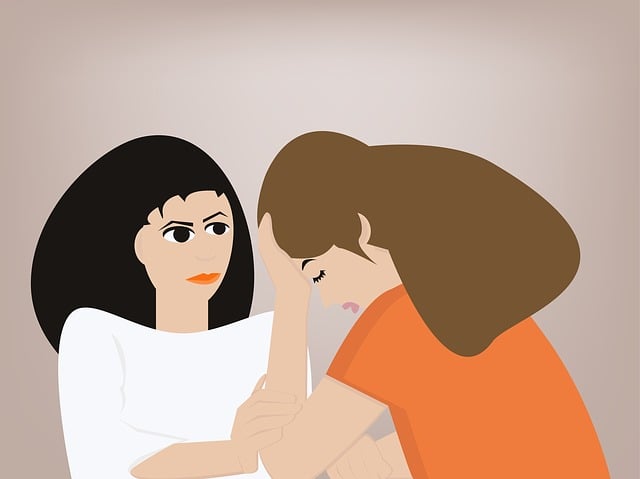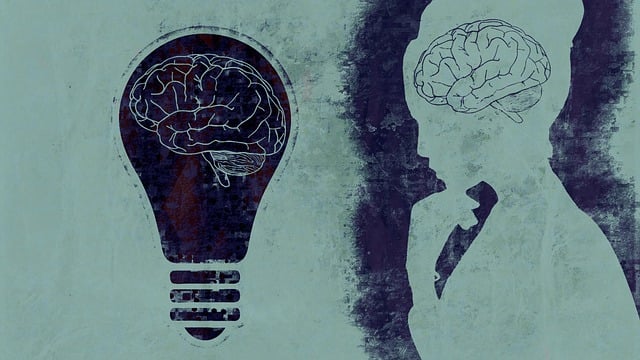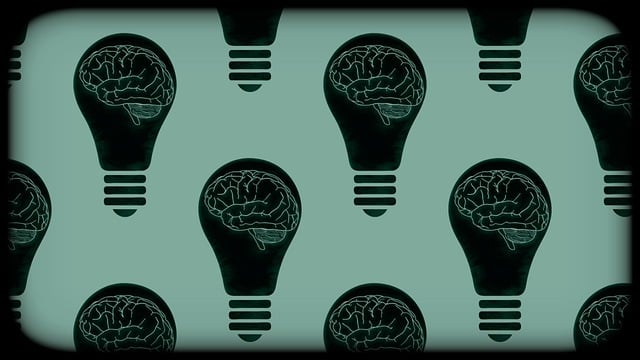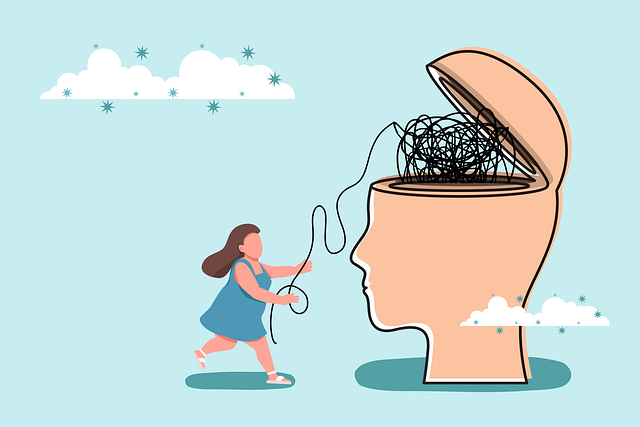Centennial Christian Counseling Therapy (CCCT) prioritizes cultural sensitivity in mental healthcare as a key differentiator. They train their counselors extensively in cross-cultural competency, helping them understand clients' diverse backgrounds and values, navigate language barriers, and integrate tailored coping skills. CCCT's comprehensive approach fosters inclusive environments, enhances therapeutic outcomes, breaks down mental health stigma, and strengthens the bond between providers and diverse communities, positioning them as leaders in culturally competent therapy.
In today’s diverse society, cultural sensitivity in mental healthcare is paramount. This article explores key aspects of providing culturally competent care within the context of organizations like Centennial Christian Counseling Therapy. We delve into understanding cultural diversity in mental health settings, identifying challenges and barriers to sensitive practice, and highlighting effective strategies for implementation. Additionally, we examine the profound impact of cultural competence on client outcomes and therapist professional growth.
- Understanding Cultural Diversity in Mental Health Contexts
- Challenges and Barriers to Culturally Sensitive Practice
- Strategies for Incorporating Cultural Sensitivity at Centennial Christian Counseling Therapy
- The Impact of Cultural Competence on Client Outcomes and Therapist Growth
Understanding Cultural Diversity in Mental Health Contexts

In today’s diverse society, mental healthcare professionals at Centennial Christian Counseling Therapy must embrace cultural sensitivity as a cornerstone of their practice. Understanding cultural diversity means recognizing and appreciating the unique backgrounds, beliefs, and values that shape individuals’ experiences with mental health issues. This involves going beyond basic demographic data to truly grasp how culture influences perceptions of well-being, coping mechanisms, and help-seeking behaviors. By fostering an environment where every client feels seen, heard, and respected, Centennial Christian Counseling Therapy aims to enhance Mental Health Awareness and promote effective Self-Care Practices.
Healthcare Provider Cultural Competency Training plays a pivotal role in equipping counselors with the skills to navigate these complexities. Such training equips professionals with the knowledge and tools needed to address cultural biases, break down barriers, and provide tailored support that aligns with clients’ personal and communal contexts. Ultimately, this holistic approach not only improves therapeutic outcomes but also strengthens the bond between healthcare providers and the diverse communities they serve.
Challenges and Barriers to Culturally Sensitive Practice

In the diverse tapestry of modern society, cultural sensitivity in mental healthcare is more crucial than ever. While organizations like Centennial Christian Counseling Therapy strive to provide inclusive services, challenges persist. One significant barrier is the lack of comprehensive Healthcare Provider Cultural Competency Training. Mental health professionals often encounter patients from various ethnic, religious, and socio-economic backgrounds, each bringing unique perspectives and experiences. Without adequate training, providers may unintentionally perpetuate stereotypes or miss crucial cultural nuances that impact a patient’s mental well-being.
Another hurdle lies in addressing language barriers and ensuring accessible communication. Effective therapy requires open dialogue, but for non-native speakers, this can be hindered by language differences. This challenge highlights the importance of offering interpretation services or training professionals in bilingualism to facilitate meaningful sessions. Furthermore, cultural beliefs surrounding mental health vary widely, affecting how individuals express distress and seek help. Some cultures emphasize spiritual or communal solutions, while others focus on individual coping mechanisms. Integrating these diverse perspectives into therapeutic practices, such as encouraging the development of coping skills and stress management techniques tailored to each patient’s cultural context, is essential for culturally sensitive mental healthcare.
Strategies for Incorporating Cultural Sensitivity at Centennial Christian Counseling Therapy

At Centennial Christian Counseling Therapy, we recognize that cultural sensitivity is a cornerstone in providing effective and compassionate mental healthcare services to our diverse clientele. To incorporate this essential aspect into our practice, we’ve implemented several strategies. Firstly, our counselors undergo extensive training in cross-cultural competency, learning to navigate the intricate nuances of various cultural backgrounds. This equips them with the skills to deliver tailored therapy sessions that resonate with clients from different ethnic groups and belief systems.
Additionally, Centennial Christian Counseling Therapy actively fosters an inclusive environment by integrating cultural awareness into our risk assessment for mental health professionals. We design our Mental Health Education Programs to ensure counselors stay abreast of emerging trends and best practices in cultural sensitivity. Regular workshops and seminars further boost the confidence of our therapists in handling cases that require a nuanced, culturally-aware approach. Through these initiatives, we strive to create a safe space where every client feels understood and supported throughout their mental health journey.
The Impact of Cultural Competence on Client Outcomes and Therapist Growth

Cultural competence is a cornerstone in modern mental healthcare, significantly shaping client outcomes and therapist growth at places like Centennial Christian Counseling Therapy. When therapists embrace cultural sensitivity, they create a safe, respectful environment that fosters open communication. This is crucial for understanding clients’ unique backgrounds, values, and beliefs, which can greatly influence their mental health experiences and recovery journeys.
By integrating this approach, mental health professionals not only enhance their ability to provide effective treatment but also contribute to the reduction of mental illness stigma, as it promotes an inclusive atmosphere. Moreover, continuous cultural competence training, often incorporated into Mental Health Education Programs Design, equips therapists with the skills to navigate complex ethical dilemmas and conduct thorough risk assessments for diverse client populations. This holistic development ensures that both therapists and clients benefit from culturally sensitive practices, ultimately enhancing therapeutic outcomes.
In navigating the complex landscape of mental healthcare, especially within diverse communities, adopting cultural sensitivity is no longer a choice but an imperative. As discussed in this article, recognizing and understanding cultural diversity in mental health contexts is the first step towards breaking down barriers. By addressing challenges such as language differences and unconscious biases, practices like Centennial Christian Counseling Therapy can create inclusive environments. Implementing strategies that foster cultural sensitivity not only enhances client outcomes but also facilitates therapist growth. Ultimately, embracing cultural competence ensures that mental healthcare services are effective, respectful, and tailored to meet the unique needs of every individual.










